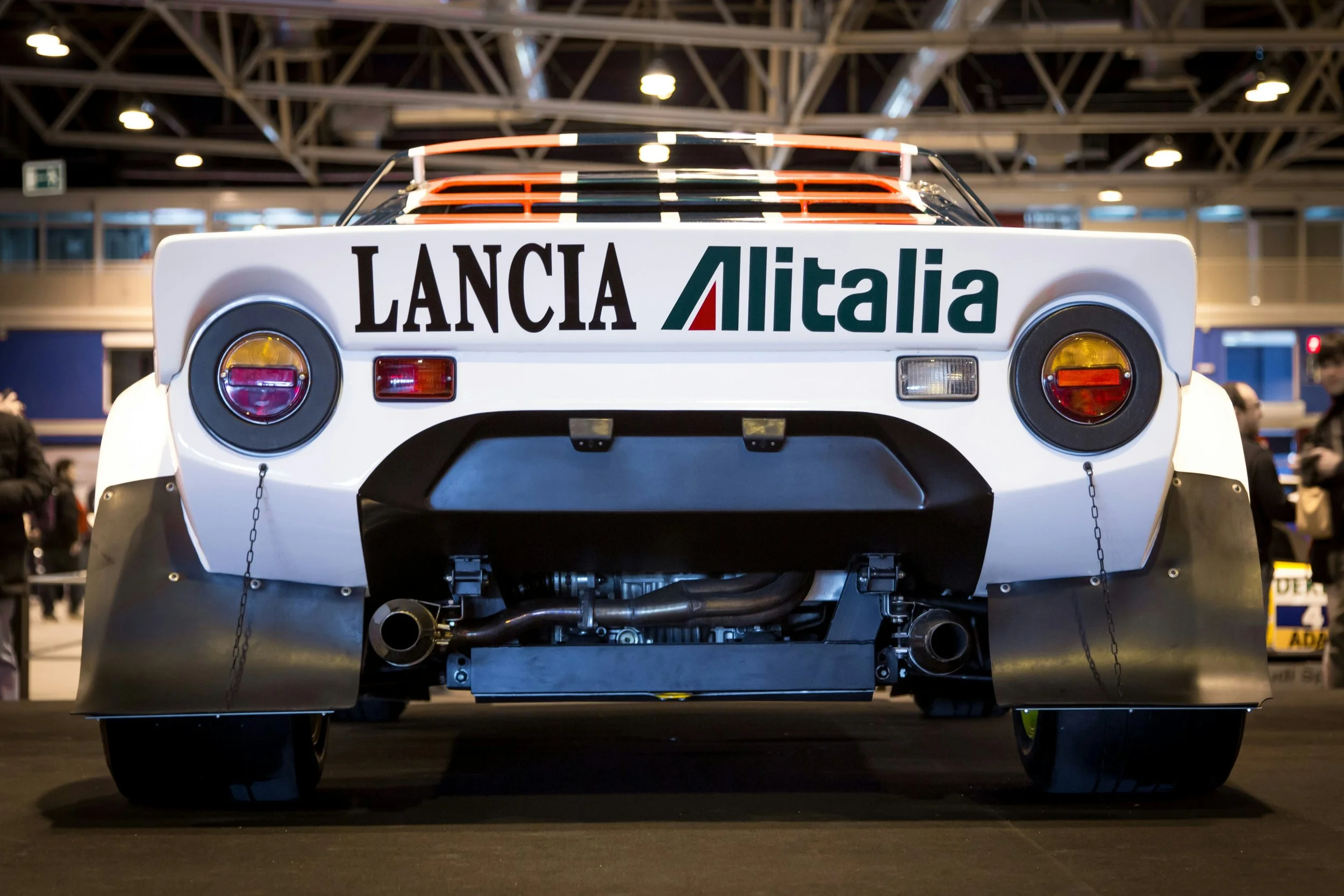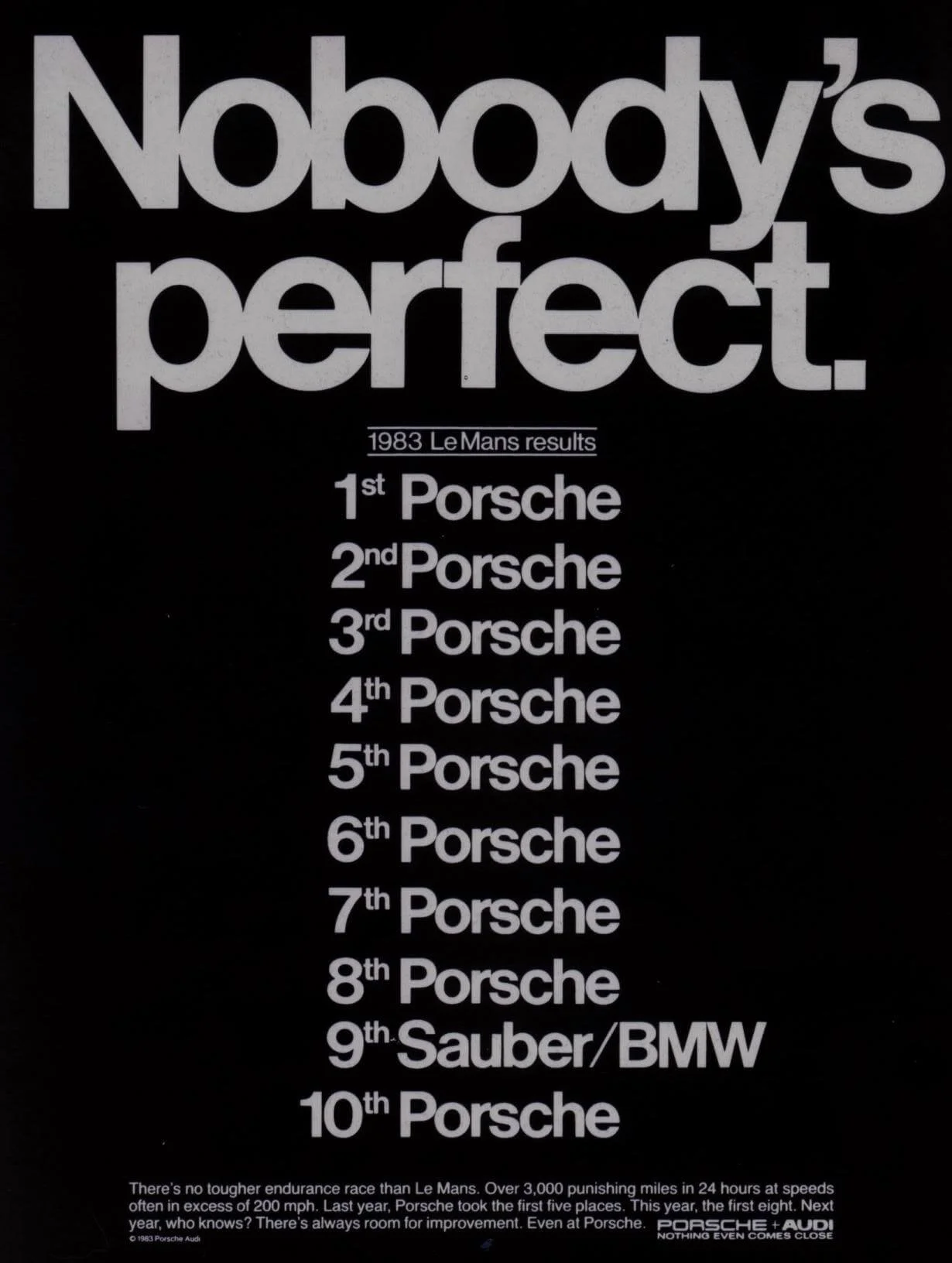
The Death of the Iconic Racing Livery, And What Teams Must Change to Revive It
This article examines those underlying drivers and explores what teams can do, in practical terms, to recover some of the cultural and commercial power that liveries like Alitalia and Martini still command decades later.

Going Racing Used to Sell Cars. It Still Can, Provided Brands Succeed In the Consumer Translation.
In the early days of advertising, the messaging for any product-type, cars included, was very straight-forward. In the automotive industry, brands would win something hard (Le Mans, Paris–Dakar, Pikes Peak, etc) and then say it, loudly, in a single declarative line.
The ads weren’t subtle because they didn’t need to be, and the messaging boiled down to a very straightforward message consumers could latch onto: we proved ourselves under the harshest conditions on earth, so you can trust (and desire) what we sell you.
That era produced ads which are still exciting today because the logic chain was simple, culturally acceptable, and repeated often enough that the public learned the language.
Look at the classic French poster tradition: Peugeot turning endurance results into a one-line manifesto, Renault and Alpine compressing a race result into a claim about efficiency, durability, and engineering pride.
The ads leveraged heritage to build a commercial bridge between competition and commerce; motorsport was not the equivalent of a corporate vanity project, it really was a selling tool.
Today, that bridge has not disappeared, but owing to the changes in the advertising and consumer spaces, it has nevertheless been weakened, fragmented, and increasingly under-monetized.

Going Racing Is No Longer Optional: Why Emotion Will Decide the Future of Car Sales
In an era defined by electrification, software, and regulation, motorsport is framed as a legacy indulgence; useful for engineers, irrelevant for sales.
That logic is dangerously outdated at best, and completely wrong at worst.

The Next 100 Years Of Motorsport: What Will Racing Look Like In 2125?
It always strikes me how quaint the past now looks. When Alfa Romeo won that first Grand Prix, the cars were front-engined, had no aerodynamics, rode on narrow tires, and their steering wheels were decades away from a single button, let alone screens, microchips, or multi-function displays.
If you could show those drivers a modern F1 car, they’d assume it was built by aliens.
Even beyond F1, imagine the participants of the first 24 Hours of Le Mans in 1923 trying to comprehend a Ferrari 499P, a Peugeot 9X8, or any prototype from today’s WEC and IMSA grids.
And so the question is obvious:
If the last 75 years turned simple race cars into machines that resemble spacecraft, what might the next 100 years bring?

